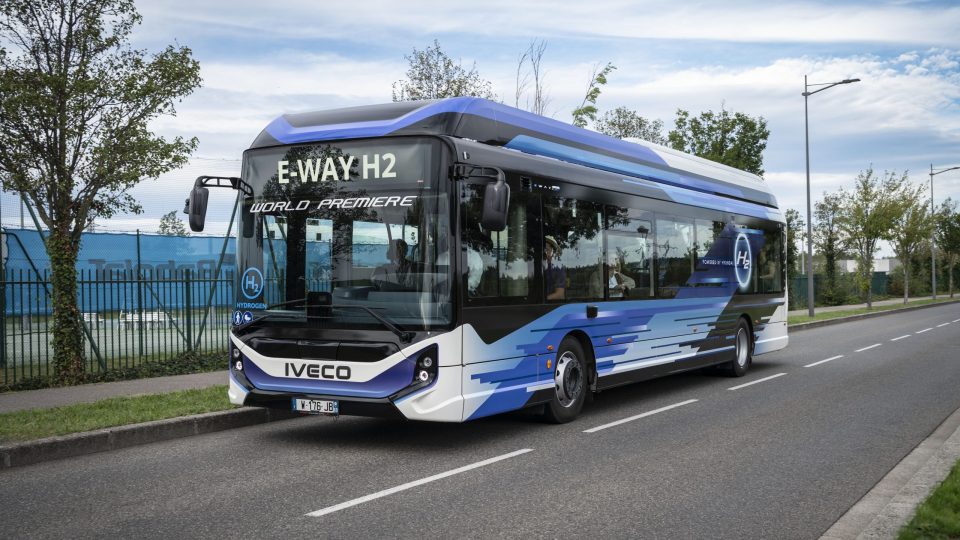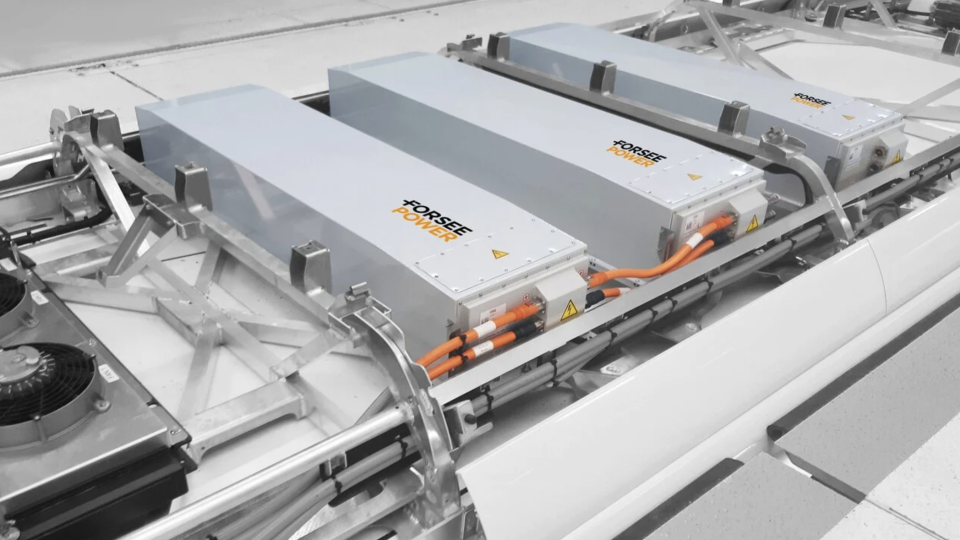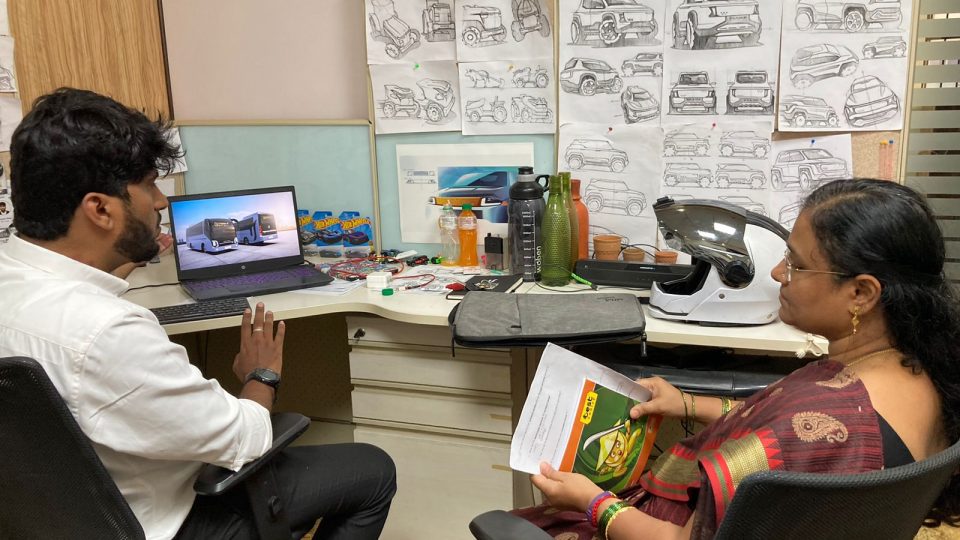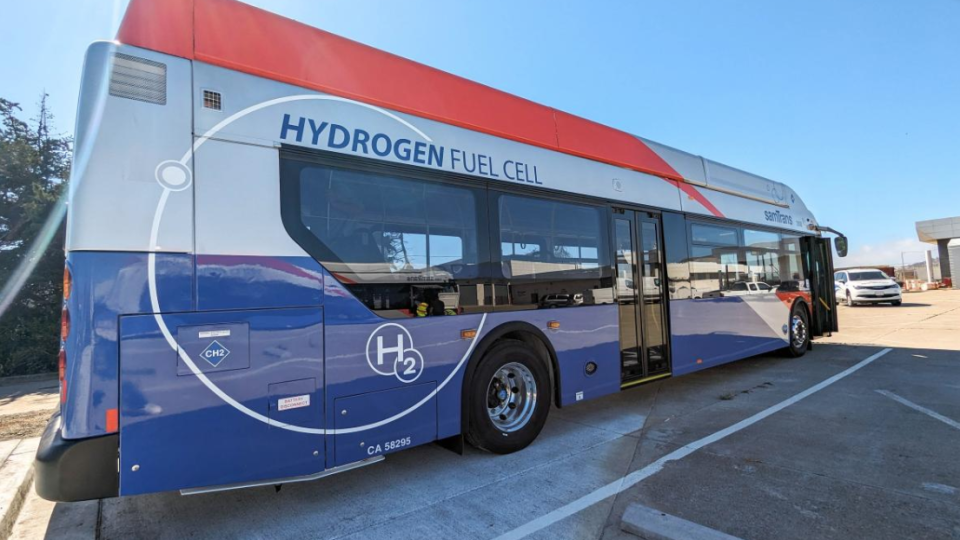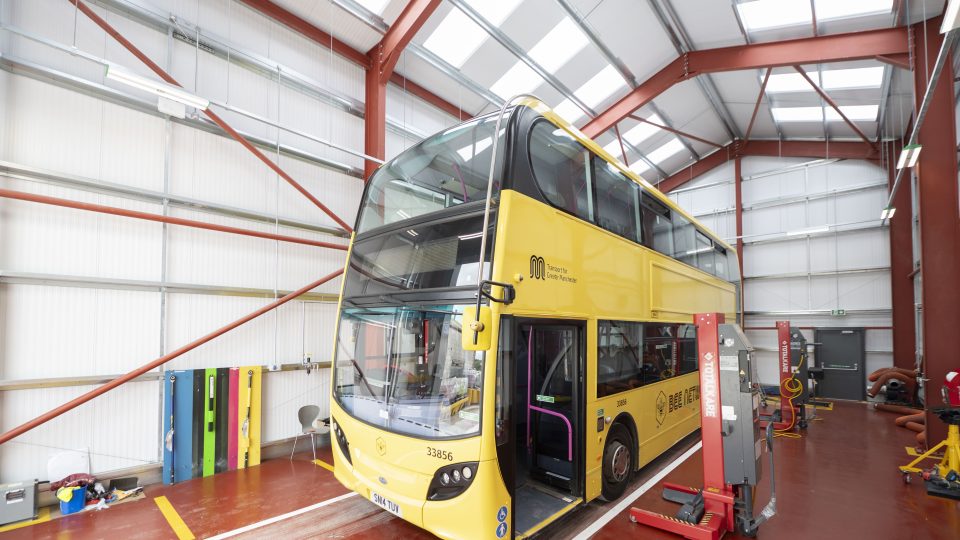CarMedialab: how smart charging helps PTO to scale up electric bus deployment. An interview with General Manager Heiko Bauer
Charging processes of a e-bus fleet are activities that should be addressed seriously. As battery-electric bus deployment grows, intelligent charging devices becomes crucial. Based in Karlsruhe, CarMedialab is active in this segment since 2008. With the MOBILEcharge platform, the German company offers a tool that allows the PTO to visualize and control charging processes for the […]

Charging processes of a e-bus fleet are activities that should be addressed seriously. As battery-electric bus deployment grows, intelligent charging devices becomes crucial.
Based in Karlsruhe, CarMedialab is active in this segment since 2008. With the MOBILEcharge platform, the German company offers a tool that allows the PTO to visualize and control charging processes for the entire fleet. And the company also offers software for charging points.
The background? «Changing over to an electric fleet and the way vehicles are “fuelled” will change how things are run in the depot». CarMedialab’s General Manager Heiko Bauer goes deeper into the topic in this interview.
CarMedialab: our mission is enabling a cleaner mobility
In our largest project at the moment, which by the way is one of the largest electric bus projects in Europe, we have around 260 e-buses charging at 160 charging stations each day
Heiko Bauer, General Manager at CarMedialab

Heiko Bauer, could you give us a brief description of your company?
«Our vision is a world with smarter, more environmentally friendly, cleaner and quieter mobility. That’s why we develop and sell applications which allow our customers to better understand their vehicles and actively manage charging processes».
How many buses and charging stations are generally involved in a project?
«We have projects ranging from as few as five buses and five charging stations up to as many as several hundred units. In our largest project at the moment, which by the way is one of the largest electric bus projects in Europe, we have around 260 e-buses charging at 160 charging stations each day».

You recently introduced the new MOBILEcharge software. What are the characteristics and advantages of this platform?
«We actually introduced MOBILEcharge back in 2019. This development was relatively easy for us, as we’ve been working with charging communication between electric vehicles, charging points and central control since 2008. We were able to put preliminary developments and know-how into an operating context in public local transport. Based on operational data, we can visualize and control charging processes for the entire fleet so that buses get back on the road when they are needed and also charging processes are economically efficient and battery friendly.
What might be less well known is that we also provide software for charging points. If you have ever charged your electric car at a service area on a German motorway, you can safely assume that CarMedialab software was involved».
How does the use of intelligent charging processes change the routines of those working in bus depots?
«Despite intelligent charging, changing over to an electric fleet and the way vehicles are “fuelled” will change how things are run in the depot. Intelligent charging and the transparent status of the vehicle which can be accessed by the central application, MOBILEcharge, reduce the requirements for personnel to manage the fleet and ensure that each vehicle is ready to go when needed. With our solution, dispatchers don’t need to leave their desks to assign vehicles to routes and drivers».
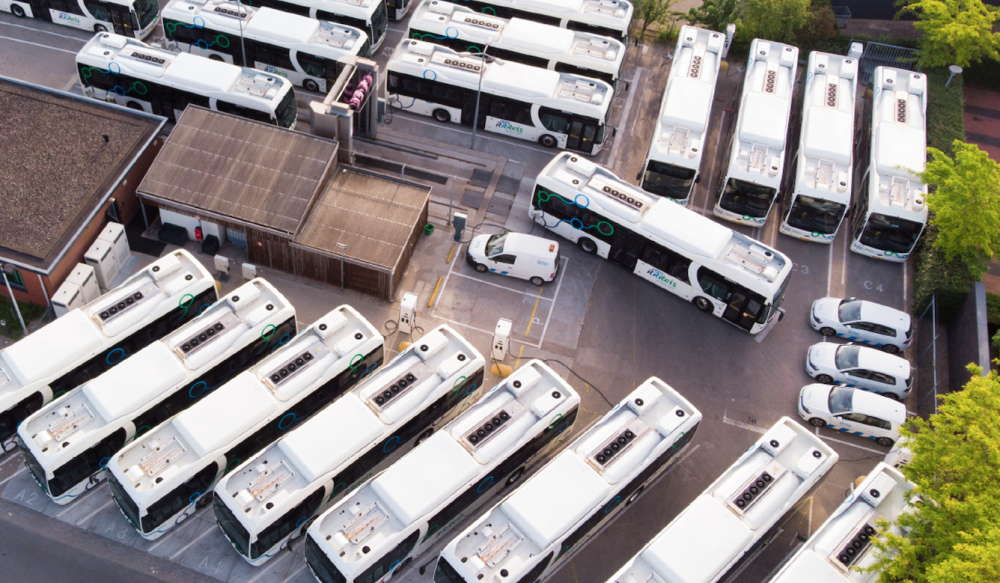
What is VDV 261 all about?
«VDV 261 controls preconditioning in an electric bus while it is still connected to the charging cable and before it leaves the depot. Preconditioning means that the interior temperature and the battery temperature are optimized. This process uses a lot of energy and if done at a later point in time would lead to a reduction in the vehicle’s range.
VDV 261 defines how a charging management system communicates with the vehicle via the charging point. It is based on an enhancement of ISO 15118, an international standard for charging communication. The fact that we understand the charging process from the vehicle to the backend and back again is our unique selling point when carrying out integration projects and reduces the costs and project risk for our customers».
Changing over to an electric fleet and the way vehicles are “fuelled” will change how things are run in the depot. Intelligent charging and the transparent status of the vehicle which can be accessed by the central application, MOBILEcharge, reduce the requirements for personnel to manage the fleet and ensure that each vehicle is ready to go when needed
Heiko Bauer, General Manager at CarMedialab
CarMedialab: intelligent charging and cost savings
To what extent could using intelligent charging software effect the cost of electric bus operations?
«Intelligent charging plays a significant role in optimizing operating and maintenance costs by:
- Avoiding peak loads with the energy supplier, and as a result, avoiding additional costs or power outages
- Optimizing charging to benefit from fluctuating energy costs
- Ensuring sufficient charging of the vehicle battery to avoid downtimes
- Increasing the health and longevity of the battery by preconditioning and optimum charging (such as keeping the battery within the ideal SOC threshold to reduce aging)»
In Europe there is a trend in depot charging technology to equip buses with large batteries and reduce charging technology out on the route. How do you see this development and what trends have you noticed in other regions of the world?
«We welcome all battery sizes and charging technology which improve operations. From a technical perspective, smaller batteries with charging on the road are better for the environment and protecting resources but require more operations planning. We see a trend towards depot charging combined with occasional charging en route. Depot charging is easier to scale up, while occasional charging en route requires more planning and optimization (e. g. using simulations) before it can be implemented».
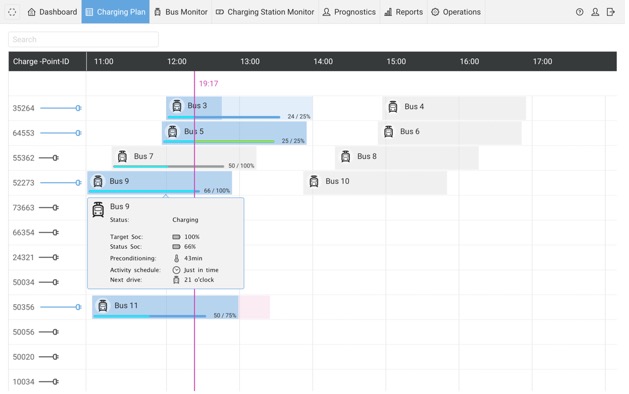
Charging plan 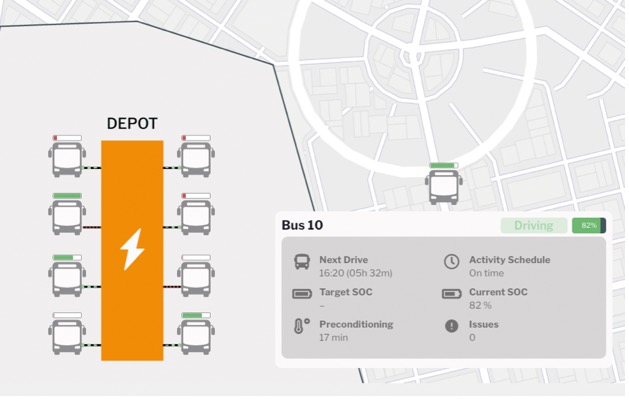
Useful Information about the E-Buses
The use of electric buses in public transport is based on tender requirements. In your opinion, are local public transport authorities ready for this kind of challenge which also involves investment in IT systems? Are there other markets where you have seen more interest in this topic?
«Transport companies are prepared for the challenge of including IT systems in their procurement requirements as they have proved in the past when they adapted IT systems to organise fleet operations (e. g. in the case of early ITCS systems or updating digital ticketing systems). The most important aspect where this is concerned is the transfer of information, because new technologies give rise to concerns such as range anxiety and how to deal with new “fuel”, e. g. electricity. The need for data communication between vehicle, charging and IT infrastructure is also new to transport companies. We see that transport companies are well able to deal with these challenges even when their resources may at times be limited, which results in longer implementation periods than we are used to. If necessary, we are happy to help our customers to operate their fleet smoothly and set aside any reservations or fears with the help of our solutions.
The new requirement of having to plan the fleet based on the range of its vehicles is an important, additional parameter to take into account when planning. It effects a number of operational aspects our solution deals with – fully integrated into our customer’s existing environment».
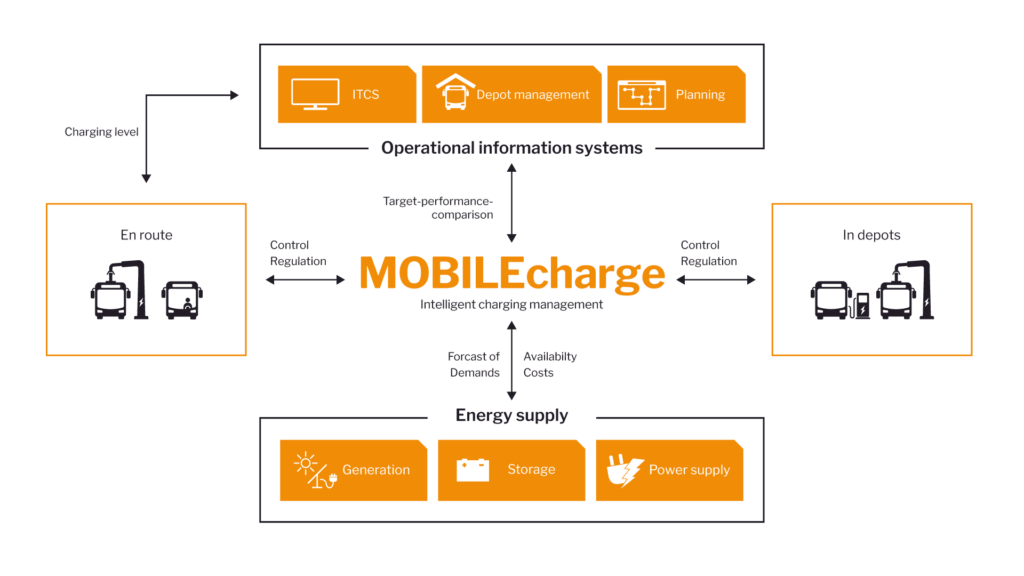
Smaller batteries with charging on the road are better for the environment and protecting resources but require more operations planning. We see a trend towards depot charging combined with occasional charging en route
Heiko Bauer, General Manager at CarMedialab
When it comes to new technology, it always takes time to find a standard and that is critical. Where are we at the moment?
«First and foremost, we have to differentiate between two interfaces: charging communication in connection with the charging point, vehicle communication via CAN.
Charging communication is actually in a good place with regard to standardization. Both charging management to the charging point using OCPP as well as from the charging point to the vehicle using ISO 15118 VA S/ VDV 261 are well specified and accepted by the market. Along with VDV (Association of German Transport Companies) and competitors, we drew up standard 463 which regulates the interface between charging management and operational source systems in the depot or on the route.
We are still working on a standardized vehicle interface in cooperation with VDV. FMS is widely used and is a good foundation from a technical perspective, however is very limited in regards to its range of data and insufficient for dealing with electromobility. Nevertheless, I am confident that here too we will find a solution in cooperation with industry, transport companies in Germany and in close collaboration with the International Association of Public Transport UITP».
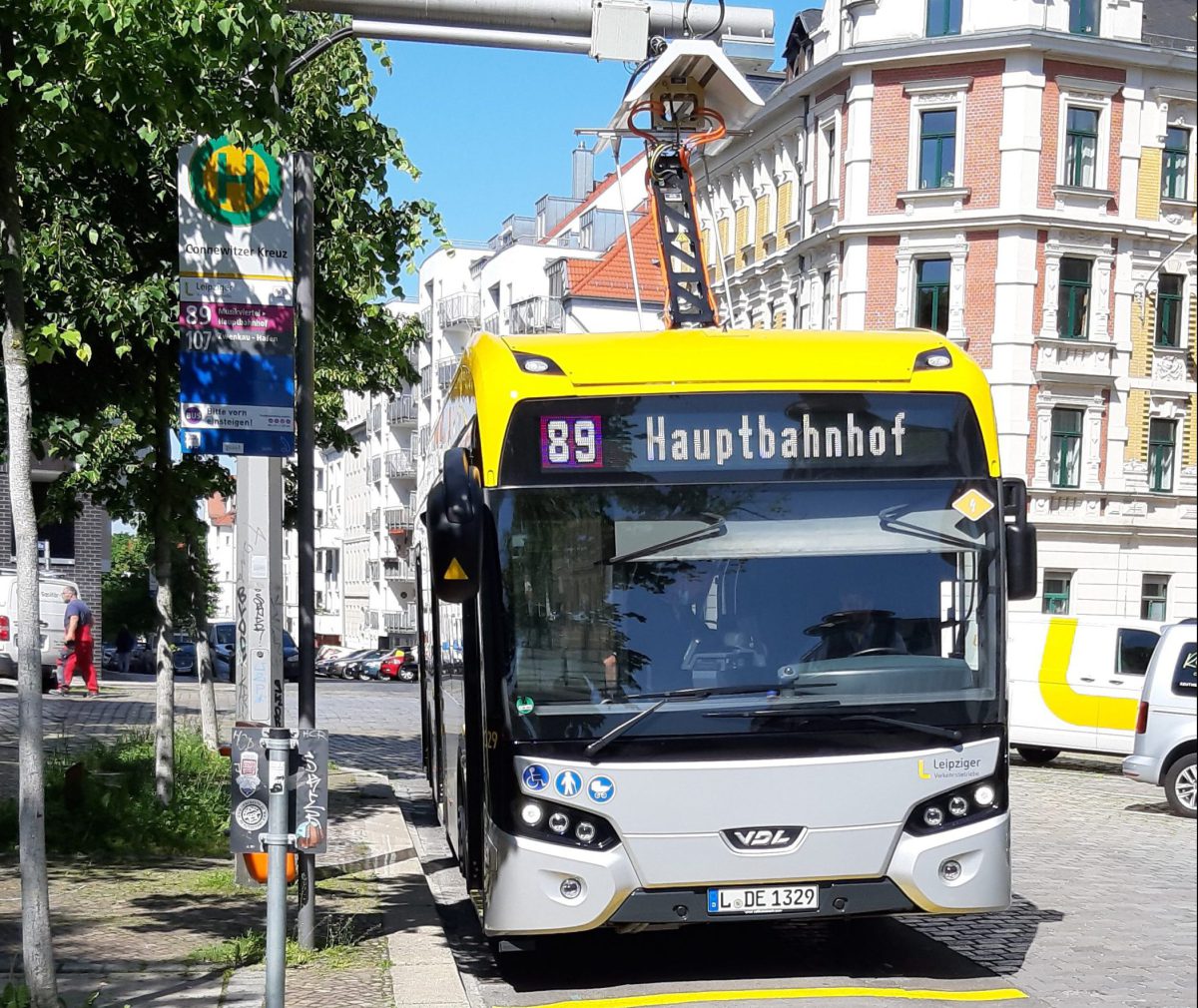
Opening and third image credit: Szabolcs Blasko


